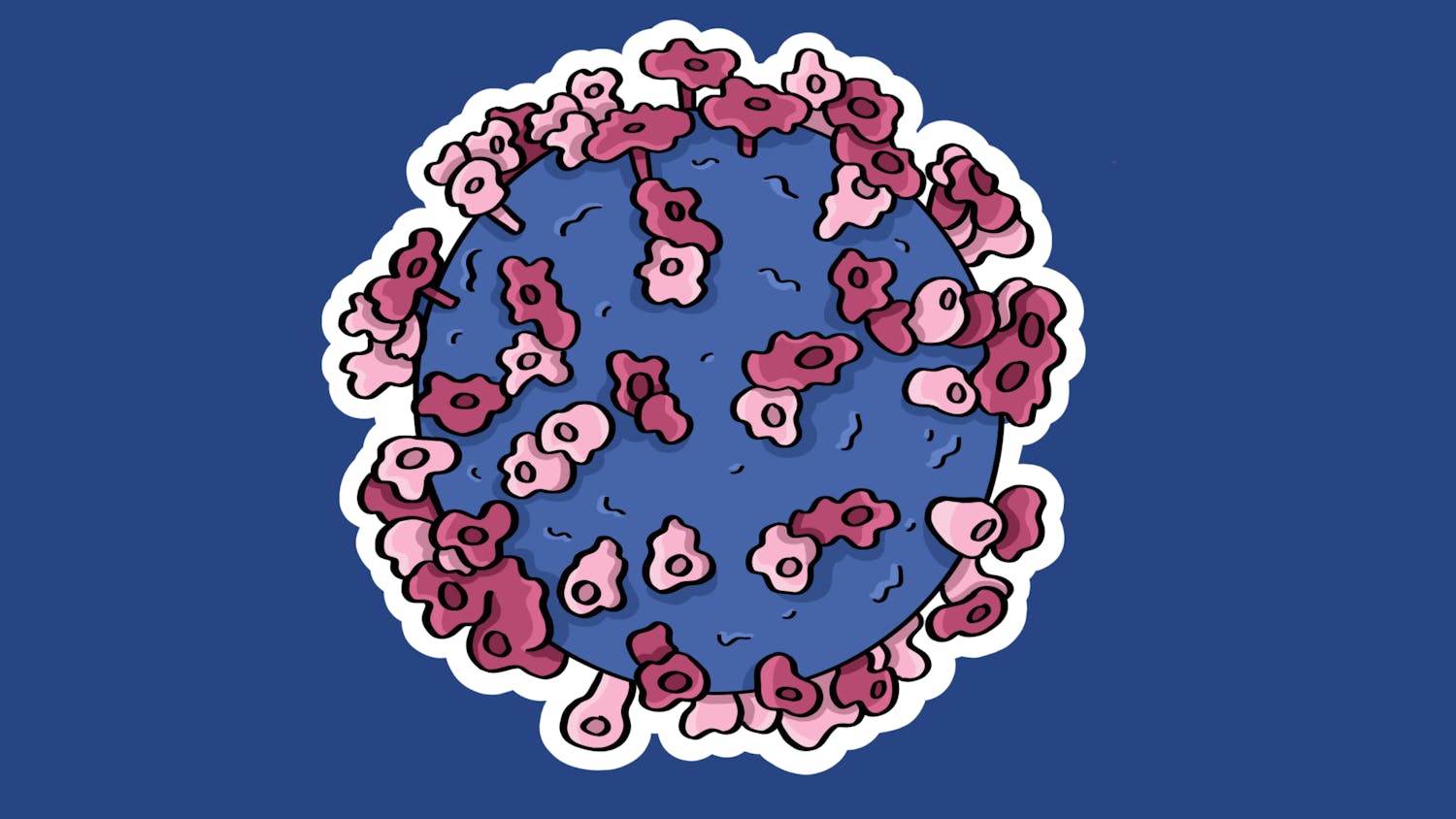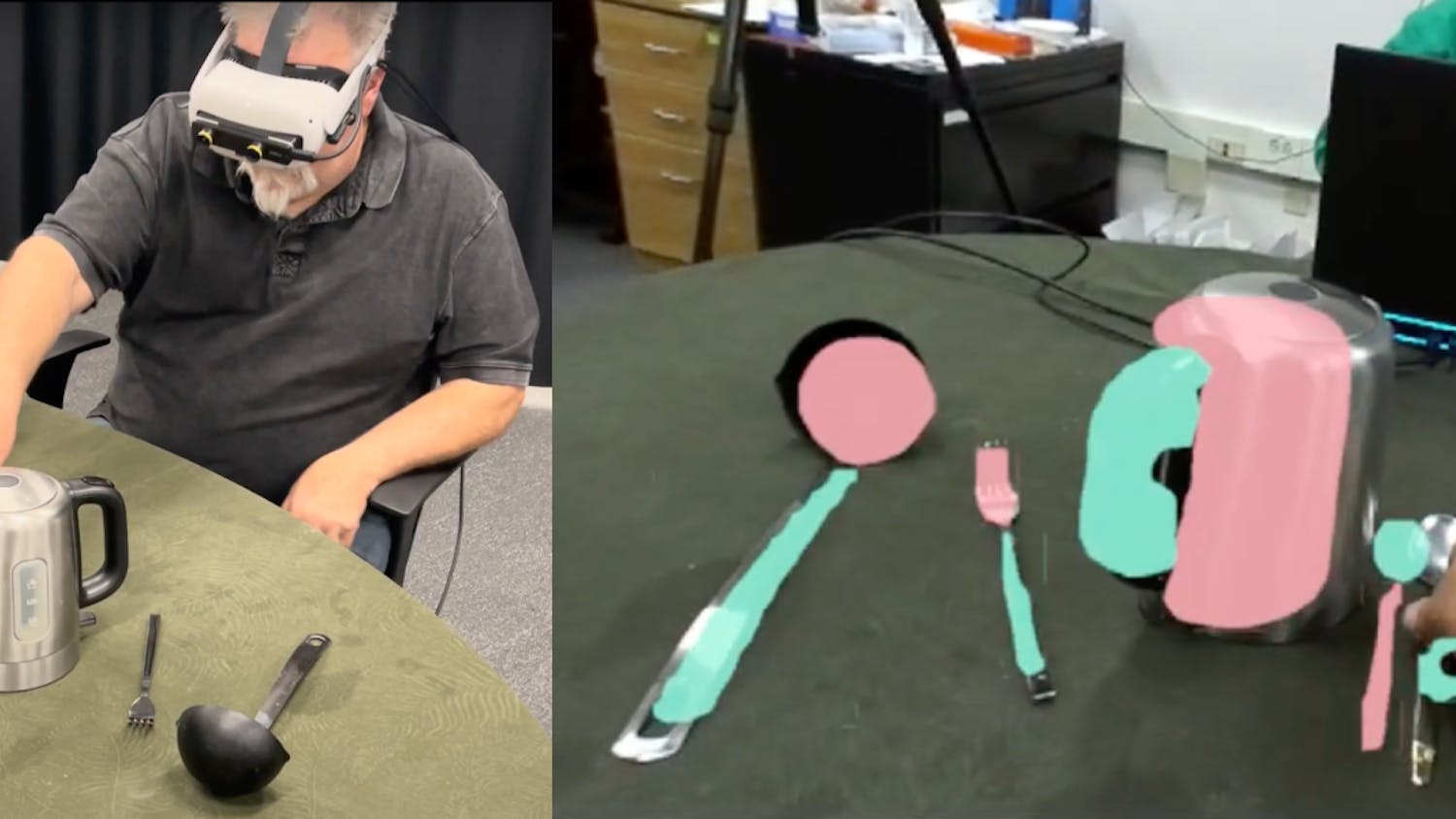Beau Hartline has been battling the Colorado potato beetle for years and it’s only getting worse. Hartline is the farm manager at Alsum Farms in Freisland, Wis.
“The ‘one and done’ control approach with the use of neonicotinoids has been wearing off for quite some time,” said Hartline, “And the once season-long control from their use has turned into mere weeks if you’re lucky.” Neonicotinoids are a class of insecticides that paralyze pests.
Fifty miles northwest in Coloma, Wis., Steve Diercks and his son Andy are in a similar predicament. Colorado potato beetle populations have moved into Diercks’ 800-acre potato farm and show no signs of leaving. And he’s all too familiar with crop damage from this pest.
The Colorado potato beetle, about half the size of a penny and bright yellow with black stripes, is notorious for its ability to rapidly adapt to pest control methods. It’s also a cultural icon around the world, from Luxembourg to Mozambique. During the Cold War it was used as an image of American imperialism, supposedly having been used to sabotage East German potato crops. The Colorado potato beetle loves potato crops — so much, in fact, that it literally floated across the ocean from the Great Plains to infiltrate Europe’s potato industry.
Entomologists have studied ways to manage the Colorado potato beetle for years. More than 10,000 research papers have been published about this one insect. Today, scientists are on the cusp of a major breakthrough. At UW-Madison, researchers are working with local farmers like Hartline and Diercks to crack the beetle’s genetic mystery.
Sean Schoville, an evolutionary biologist, and a team of entomologists at UW-Madison have been working on mapping the Colorado potato beetle’s genome to discover what allows such rapid evolution. There’s just one problem. The genome resulted in more questions than answers and it appeared similar to other, less problematic, insects.
Here’s what they do know. “If you move from one region to another region in the states for example, those populations develop insecticide resistance, or they switch to different host plants in some cases and they do that independently,” said Schoville. “That suggests ample genetic variation.”
Not only does the Colorado potato beetle adapt differently wherever it is, but it also has an uncanny ability to find its way anywhere. Even the Arctic Circle.
According to Schoville, at the statewide level, pest control for the Colorado potato beetle can cost millions of dollars. But that’s better than the alternative of lost crops. Nationwide, farmers are spending hundreds of millions of dollars on management. “There are cases in Long Island, New York where pesticides were introduced and in a year the beetle had developed resistance, which is just amazing,” said Schoville.
While the genome mapping didn’t solve the Colorado potato beetle crisis yet, the work still serves an important purpose. Yolanda Chen, an entomologist at the University of Vermont and a colleague of Schoville, is excited to put it to use. “Having the genome allows us to basically have this massive ruler where we can align them against other populations,” said Chen, “We’re excited at the possibility to look at populations across America and the world.”
The Colorado potato beetle populations are hyper diverse, especially in North America. Most insects that display this level of diversity differ greatly in their nuclear genes, inherited by both parents. However, “it doesn’t seem to apply to this beetle,” said Chen.
Colorado potato beetles that have found their way to the eastern United States all seem to be descended from a small number of parents, as noted by their unusually similar nuclear genes, and still display unique resistance in different regions. “Maybe there’s other things going on,” said Chen. The genome will allow them to start exploring other possibilities.
In the Pacific Northwest of the United States, the beetles are actually well controlled. Michael Crossley, a doctorate student in Schoville’s lab, says it’s possibly because they’re not yet as widespread and there’s less risk that resistant genetic traits will be passed on. “Imagine you’ve got 100 beetles and 10 percent of them have a resistance, so 10 out of 100,” said Crossley, “Suppose 90 percent of these beetles die due to a hard winter, you might lose those 10 that are resistant.”
Schoville and others’ research have revealed a sliver of hope for future Colorado potato beetle management. RNA is the nucleic acid responsible for translating genetic instructions from DNA into proteins. RNA interference is used to prevent protein translation in insects as a means of pest control. The Colorado potato beetle has an expanded RNA pathway, and so this particular method of control might be effective.
Diercks is hopeful for the future of Colorado potato beetle control on his farm. “I think the possibility of GMOs and what makes them so resistant will be important.” He recalled the effectiveness of genetically modified potatoes in 1995. These potatoes expressed bacillus thuringiensis delta-endotoxin, which is toxic to the Colorado potato beetle. However, because of consumer concern about genetic modification, it was discontinued shortly thereafter.
“We wouldn’t be where we are today without the research done at UW,” said Diercks. He often has graduate students scouting his fields for signs of the Colorado potato beetle.
“If they’re willing to keep researching, we’re willing to keep trying new things.”






